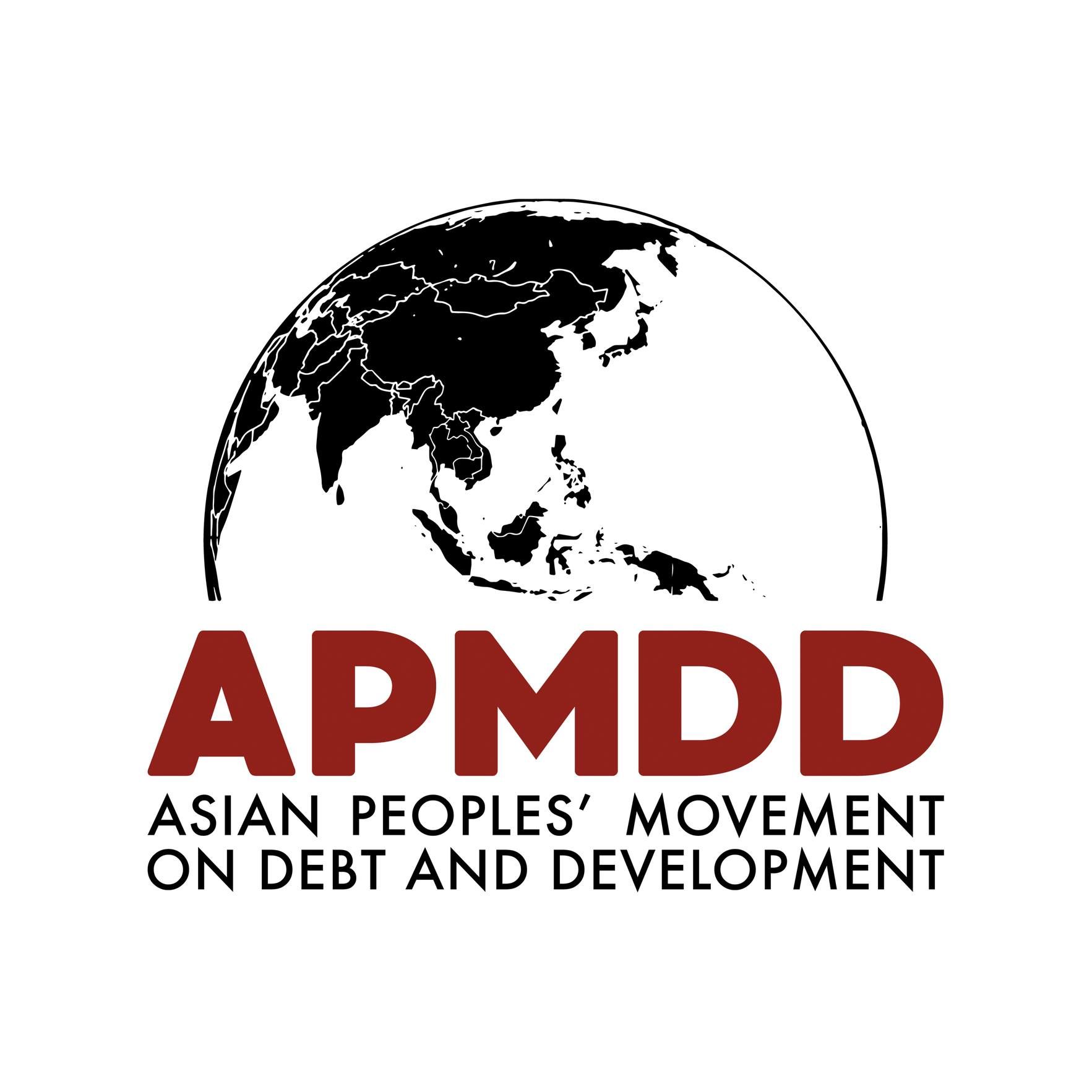An “International Peoples’ Tribunal Vs. The International Monetary Fund and The World Bank” (IPT), the first of its kind to be hosted and launched in the Philippines, will be held this Saturday, October 26, at the UP Film Center in Quezon City.
The Asian Peoples’ Movement on Debt and Development (APMDD) organized the IPT together with 30 international groups, including those from Asia, Africa and Latin America.
They called the gathering a "historic moment" for social justice movements to "charge and prosecute the two institutions for the economic and social harm they have inflicted on countries and communities across the Global South."
The IMF and the World Bank are being charged with accountabilities for the following::
- Accumulation of unsustainable and illegitimate debts, forcing countries in the Global South to prioritize loan repayments over social welfare, leaving many in deep poverty.
- Loan conditionalities that compel borrowing government to slash public spending for essential services and impose
- Climate chaos and destruction through continued fossil fuel lending support for fossil fuel projects
- Widespread hunger through economic conditionalities that weaken food systems and undermine the production of food staples
- Exploitation of women’s care labor and violation of women’s rights.
The tribunal will be presided over by an International Panel of Judges composed of distinguished and respected economists, lawyers and academicians.
These include Filipino lawyer and climate law professor Tony La Vina; Stanford University lecturer Kumi Naidoo; Prof. CP Chandrasekhar of Jawaharlal Nehru University, India; former Malaysia member of Parliament Charles Santiago; Prof. Fadhel Kaboub, senior adviser of Power Shift Africa; Society for International Development senior advisor Manuel Montes; Third World Network Director Chee Yoke Ling; Prof. Anuradha Chenoy of Jindal Global University, India; and Law and Society Trust (Sri Lanka) Executive Director Sakuntala Kadirgamar.
"For decades, the IMF and World Bank have hidden behind their deceiving façade of development and poverty alleviation. But in reality, their policies have deepened inequality, fostered corruption, and prioritized the interests of wealthy nations over the needs of vulnerable communities. This tribunal provides a space to speak truth to power, especially for grassroots and ordinary working people who are often denied access to justice in formal legal systems and processes,” APMDD coordinator Lidy Nacpil said.
She added that in the face of multiple crises of inequality, debt, and climate change, the Tribunal represents a bold attempt to shine a light on the IMF and the World Bank and the adverse impacts of their programs and policies on communities and the environment.
“It is a call for justice, for reparations, and demanding a new model of development—one that centers on people and the planet, not profits,” Nacpil said.
Atty. Luke Espiritu, one of the Tribunal’s prosecutors, stressed: "This is more than just pointing fingers at the IMF and World Bank. It’s about holding them accountable and demanding reparations. The deception is glaring in the way they proclaim their mission to eradicate poverty while pursuing failed measures such as pushing more loans as the solution to crises, including the crisis of climate which developing countries did not cause.”
The Tribunal’s first session in Manila will be followed by sessions in Nepal, India, Africa and Latin America.
The final verdict will be passed in April 2025, according to the organizers.
#WeTakeAStand #OpinYon #OpinYonNews #WorldBank #InternationalMonetaryFund

